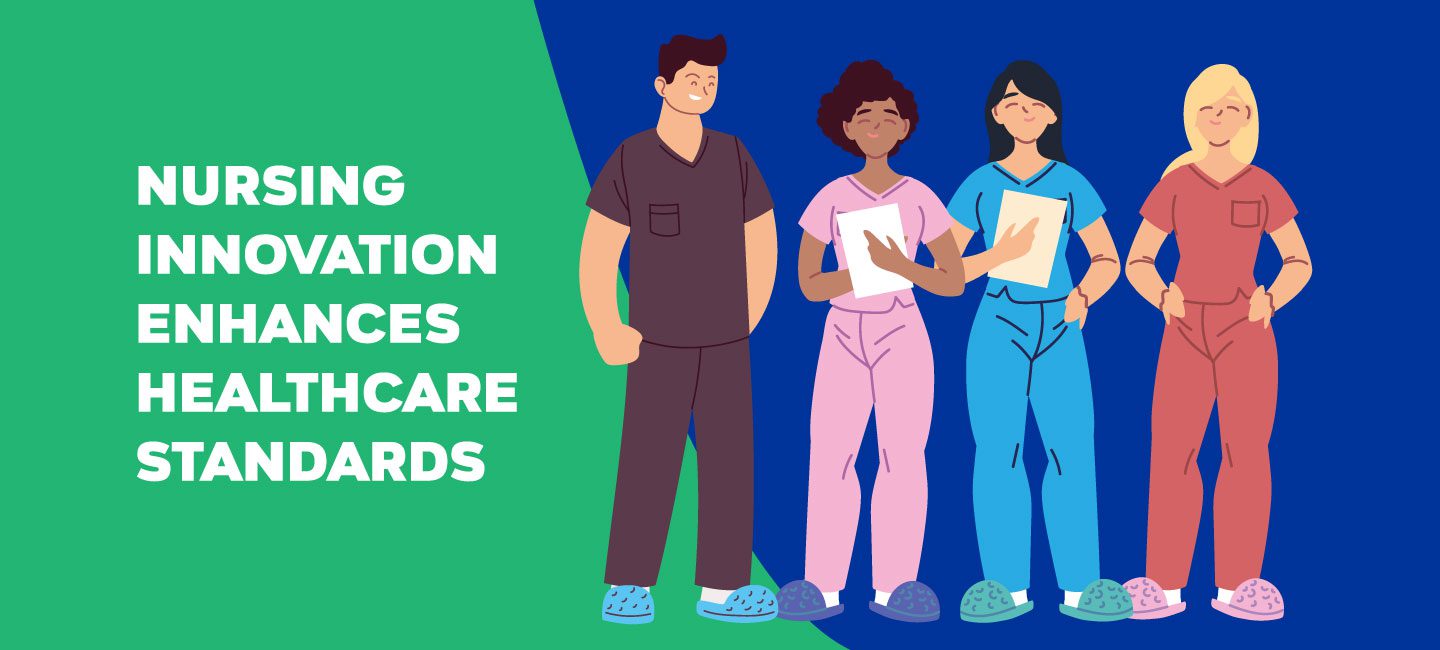National Nurses Week is observed yearly from May 6 – 12 as an opportunity to honor nurses for their passion and innovation, the impact they make on healthcare, and their dedication to medicine. These inspirational healthcare professionals have paved paths of change throughout history in both the medical field and their patients’ lives.

When Florence Nightingale became a nursing student in 1844, she changed the face of healthcare as we know it. As a pioneer for public health and the founder of modern nursing, she sparked global healthcare reform through her writings and created numerous patient services that medical centers continue to provide today. Her courage and determination set the stage for the essential nature of nursing.
Nightingale’s efforts helped to form the field of nursing, and as it evolved, so did the opportunities for education and involvement in the specialty. With the changes and advancements occurring in healthcare, nurses proved they were up to the challenge of adapting to it. In 1903, North Carolina implemented a nursing licensure exam, and by 1921, all 48 existing states followed suit.
Fast forward to today, nurses now “comprise the largest component of the healthcare workforce, are the primary providers of hospital patient care, and deliver most of the nation’s long-term care.”
Dr. Tedros Adhanom Ghebreyesus, Director-General of the World Health Organization (WHO), best portrays the role of nurses throughout history in a 2020 video when he said, “we celebrate them today, but we depend on them every day.”
Seconding this notion is the International Council of Nurses (ICN) with their 2021 International Nurses Day campaign: A Voice to Lead – A vision for future healthcare. This year’s celebration strives to illustrate how nurses are innovating, and it will also explore what the future holds for nursing and the medical field as a whole.
As ICN president Annette Kennedy said, “In 2021, we will focus on the changes to and innovations in nursing and how this will ultimately shape the future of healthcare. ”
Innovation and adaptability have always been essential in medicine, but the COVID-19 pandemic has demonstrated just how vital these skill sets are for healthcare professionals.
From the commitment that led to some of the fastest developed vaccines to fight the virus to the integration of different technologies and strategies in their approach to care, the medical community has rallied together in supporting the world in moving forward. Since the first reported case of COVID-19, healthcare professionals have been able to find innovative ways to use technologies like point-of-care ultrasound (POCUS) and other modalities to monitor and manage COVID-19 patients. And while the pandemic is not over, the sacrifices made by those in medicine saved countless lives.
“The global COVID-19 pandemic has shown the world the important role that nurses play in keeping people healthy across the lifespan,” said Kennedy.
The era of COVID-19 has emphasized the impact of nurses. They have been on the frontline of healthcare, supporting patients and guiding the world through this tumultuous chapter. In doing so, nurses, alongside other selfless medical professionals, have sacrificed their own health and personal lifestyle. Research shows that in many countries, nurses are among the largest healthcare groups to contract COVID-19.
This International Nurses Day, remember to thank the nurses in your life, from the ones you know personally to silently appreciating those who have treated you in the past. Their passion and dedication have advanced healthcare to where it is today, and their innovation will continue to support the medical field as it takes new heights.
Want to start your POCUS journey today? Check out our many certificate and certification programs.





















